This content is restricted to subscribers
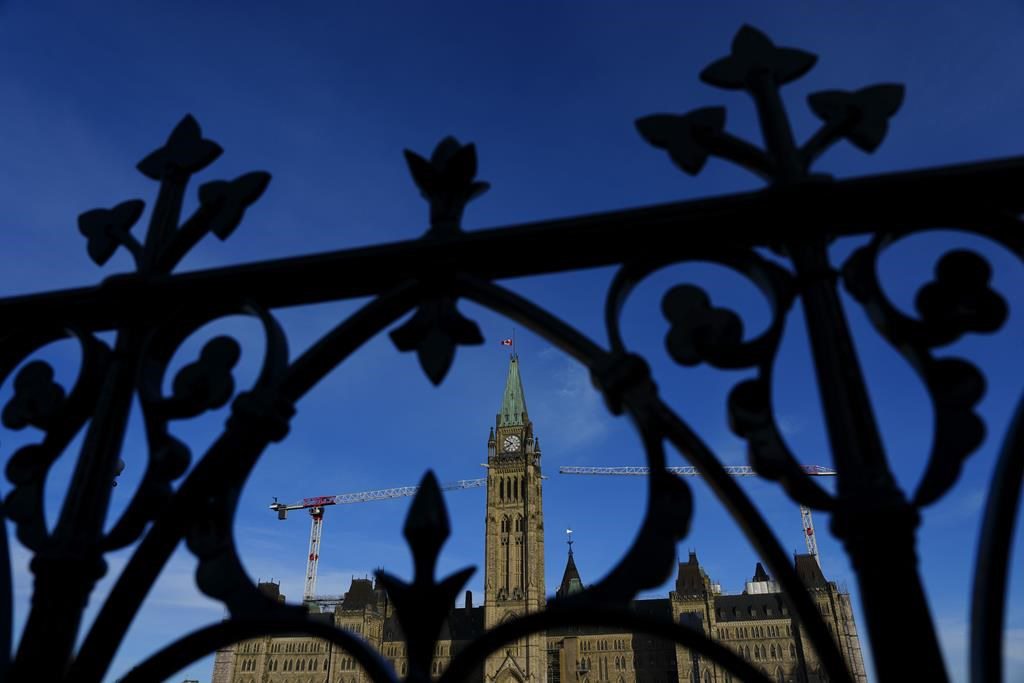
The views, opinions and positions expressed by columnists and contributors are the author’s alone. They do not inherently or expressly reflect the views, opinions and/or positions of our publication.

This content is restricted to subscribers
The views, opinions and positions expressed by columnists and contributors are the author’s alone. They do not inherently or expressly reflect the views, opinions and/or positions of our publication.
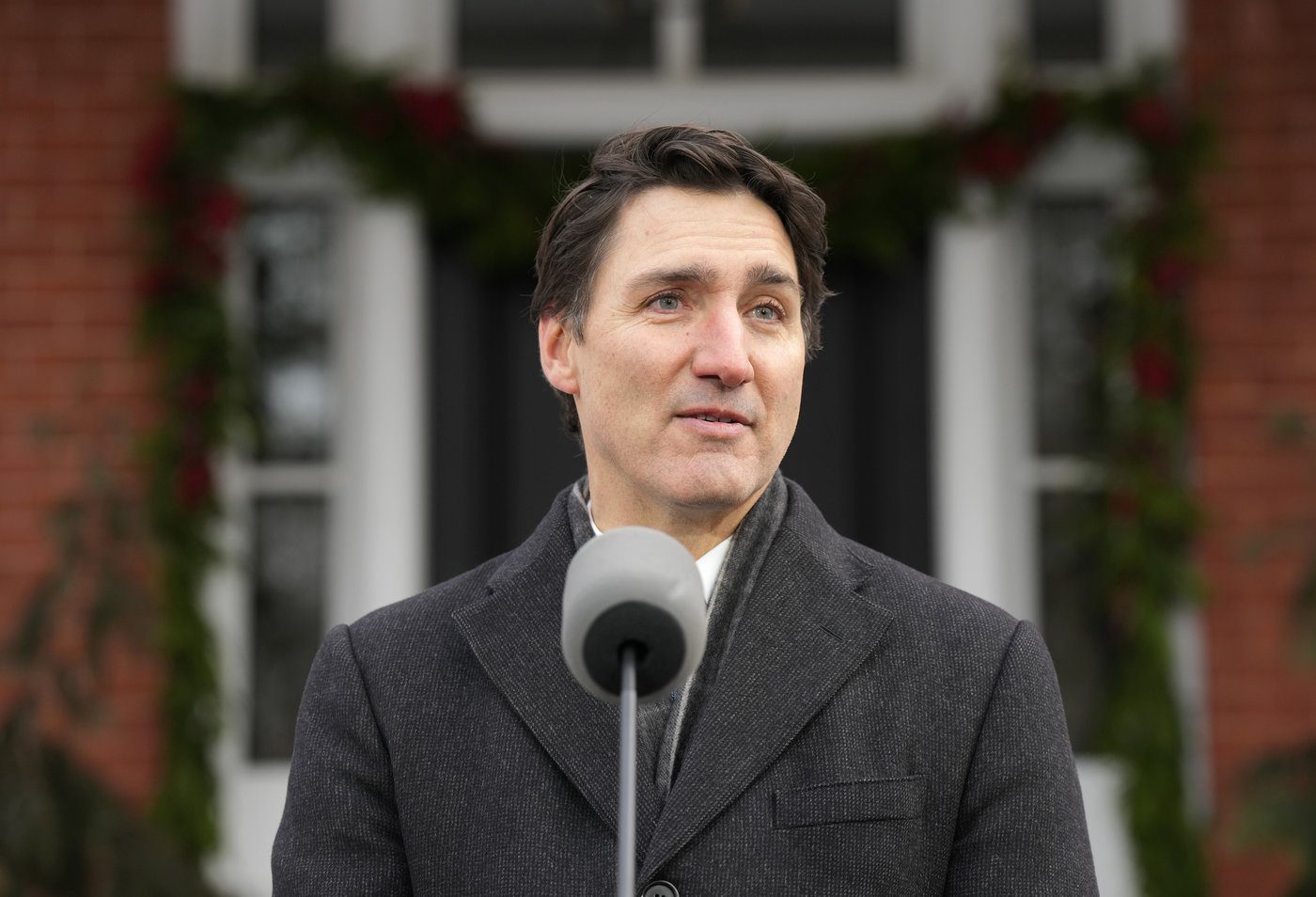
This content is restricted to subscribers
The views, opinions and positions expressed by columnists and contributors are the author’s alone. They do not inherently or expressly reflect the views, opinions and/or positions of our publication.
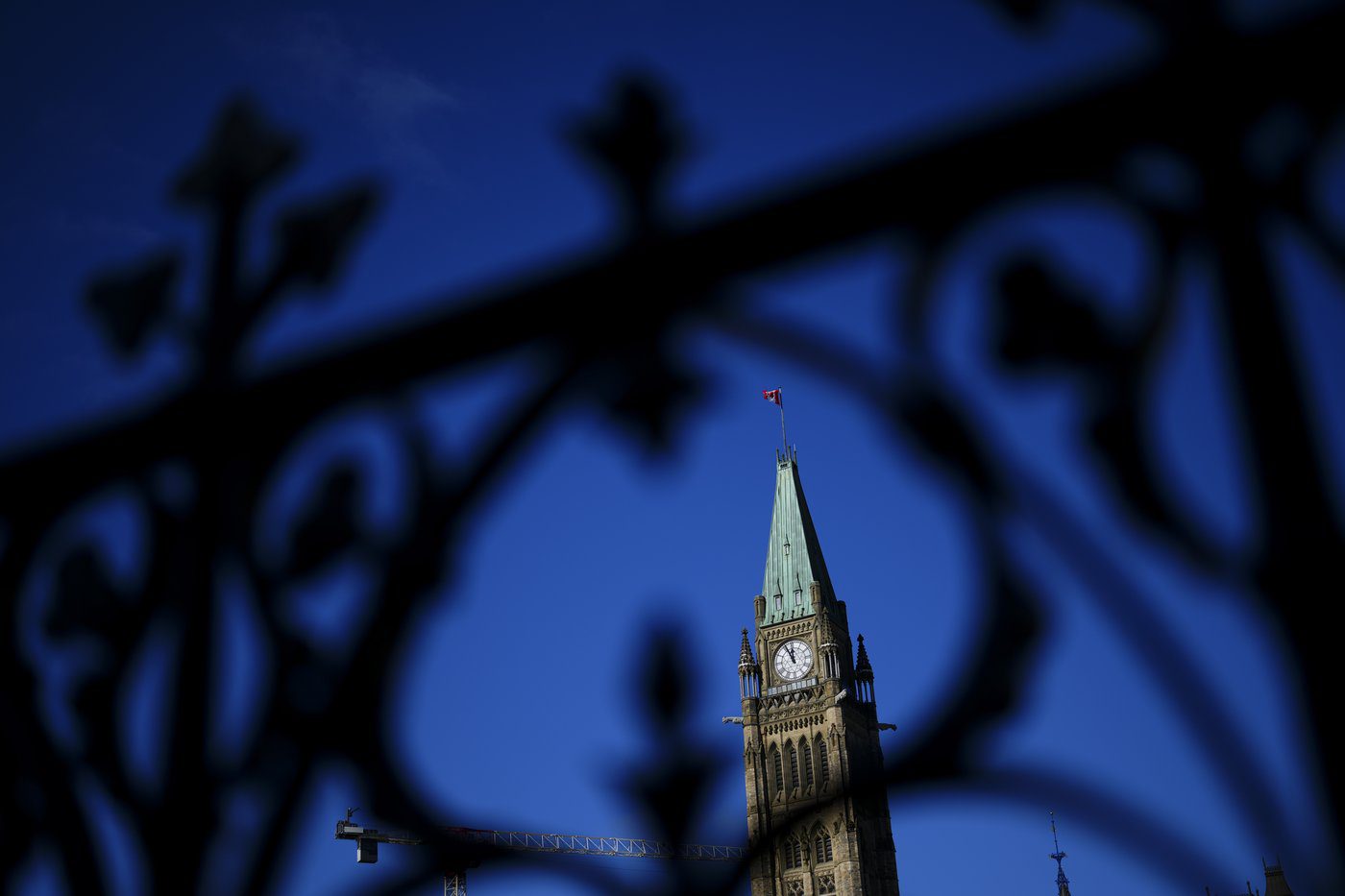
This content is restricted to subscribers
The views, opinions and positions expressed by columnists and contributors are the author’s alone. They do not inherently or expressly reflect the views, opinions and/or positions of our publication.
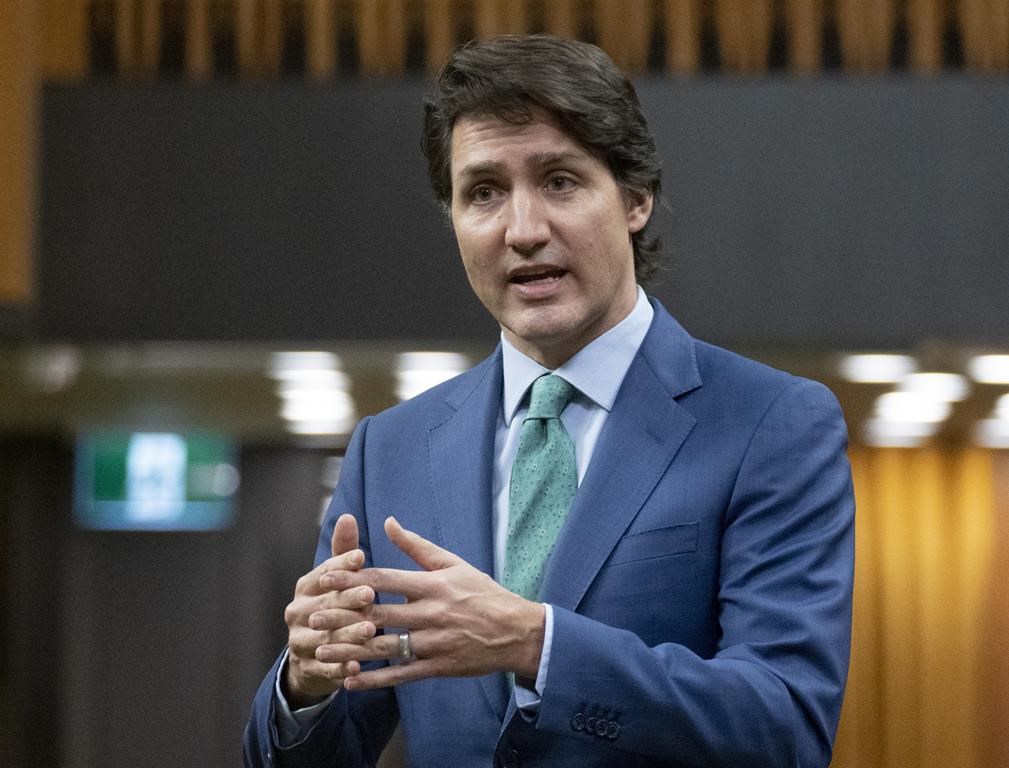
As the year draws to a close, I figured that instead of a greatest hits column, or some grand pronouncement about the past year, I would instead look at some of the political lessons that we learned. Well, some of us have learned these lessons, and others have steadfastly refused to learn them, which is one reason why we’re in the state that we’re in, and it’s not looking pretty.
1- You can’t outrun your best before date
Prime minister Justin Trudeau has been trying to do this all year, and despite his best efforts, ignoring the problem has not made it go away. Even when the signs were there over a year ago that it was time to pack it in and let someone else lead them in the next election, Trudeau refused. With a saviour complex and surrounded by a small cadre who insist that he’s the only one who can defeat Pierre Poilievre, the polls kept slipping. The by-election losses and the resulting caucus unrest should have been even more conclusive signs that he needed to rethink some life choices, but he refused. In spite of saying he likes data, those members of his caucus showed him the polls, one after the other, and told him what they’re hearing on their doorsteps, but he still refused.
And then, Trudeau made a big mistake. In trying to sideline Chrystia Freeland, he showed that loyalty will win you no favours with him, and that his political judgment is impaired. Some people have suggested that we need term limits for first ministers to prevent this, but really, the natural “best before” date wouldn’t really require some kind of legislated term limit. It does require that said first ministers pay attention to their surroundings, and know when it’s time to go, and for caucus members to be more assertive in letting the leader know when it’s time, but I’m reluctant to impose new rules that aren’t really necessary.
2- Jagmeet Singh cannot be trusted to operate in good faith
Singh made a big song and dance at the end of summer about how he was “tearing up” the Supply and Confidence agreement with the Liberals, in spite of the Liberals living up to the agreement and acting in good faith, and bringing the NDP leads on files into the tent so that they could see how the machinery of government operates (because they don’t have a clue). Singh even admitted that the Liberals were operating in good faith in the agreement, and tacitly admitted that in tearing it up, he was the one acting in bad faith. In the months since, he has waffled on important policy issues like carbon pricing, or what it would take to bring the government down, and he continues to blame the federal government for things the provinces aren’t doing. His MPs sometimes demanding that the prime minister somehow “force” premiers to behave in certain ways, as if the division of powers didn’t exist in the constitution. So long as Singh remains in charge, the NDP have shown that they cannot be trusted.
3- Pierre Poilievre will lie to you about absolutely everything
This one goes pretty much without saying, and yet, we have a whole lot of credulous media outlets (and Elder Pundits) who keep trying to find excuses to take Poilievre at his word, even though he is proven consistently wrong about absolutely everything. He has tried “debt bomb” hysteria, lies about what is happening in correctional facilities, the state of violent crime in the country, what actually happened with BC’s drug decriminalization experiment, and the so-called “woke identity politics” that he claims broke the country. He continues to make false promises that don’t add up, whether on housing affordability, or his planned “crackdown on crime.” Every single thing he says is false, misleading, and it’s with intent, not ignorance.
Why? Because lies are an easy way to play on people’s emotions in a way that lets you lead them to your opinions. And what emotions are easiest to tap? Rage and resentment, and we’ve seen this play out in spades in the most recent US election, and Poilievre has been sowing those seeds dutifully here for the past couple of years. This also lends itself to authoritarian tactics, the notion that everything is so broken that it needs to be destroyed and rebuilt, and that only one person—in this case, Poilievre—can fix it, which is yet another lie, but who’s counting at this point?
4- Nobody wants to admit that decades of bad policy got us to this point
There has been a whole lot of complaining about how “broken” everything is, and how the so-called “Canadian Dream” is on life support, and everyone seems to want to blame the current federal government. The reality, however, is that there are a whole lot of structural programs that go back decades, from the systemic underfunding of healthcare and the justice system by provinces, to the NIMBY policies that refused to allow densification or just more houses to be built because it would mean that the value of someone’s home might not appreciate at a skyrocketing rate. Nobody wants to talk about how the Boomers pulled the ladder up behind themselves, and that they don’t care about the generational unfairness left behind in their wake, but will simply tell the next generation that they just need to work harder and not eat so much avocado toast. Actually acknowledging this reality might mean that we can work on policy solutions, but a lot of people don’t want to learn that lesson.
Hopefully these political lessons will help us move into a more productive 2025, which is going to be a gruelling year with the incoming Trump administration and the chaos it brings with it, as well as the federal election which will happen at some point, but who can say when? Regardless, heeding these lessons can help to avoid more headaches for all involved, if the players involved actually bother to take them to heart.
The views, opinions and positions expressed by columnists and contributors are the author’s alone. They do not inherently or expressly reflect the views, opinions and/or positions of our publication.
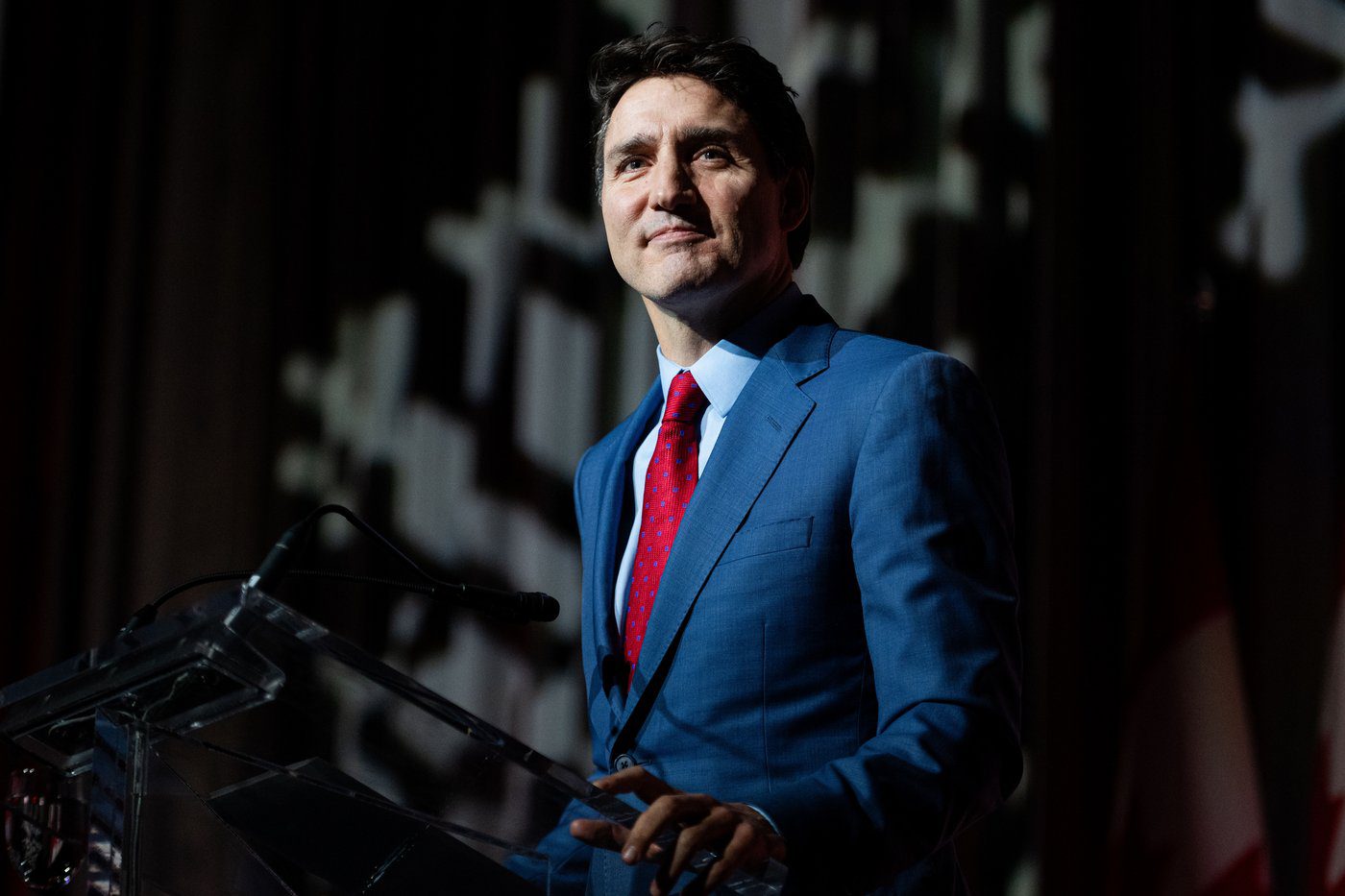
As we await the decision of Justin Trudeau as to whether or not he plans to defy the growing number of his caucus members who think it’s time he steps down, a number of voices in the media keep bringing up the possibility for an “interim prime minister” to take his place during the leadership race. Except, there’s no such thing as an “interim” prime minister. While the Liberal Party might decide to have an interim leader until a new one is chosen, a prime minister is a prime minister and there is nothing “interim” about it. Beyond that, if the Liberals choose to go with such a route, it presents some particular challenges and obstacles that require thinking through as they decide how to move forward if Trudeau does signal his intention to pack it in (and to be clear, he should, because it is untenable that he remain in the position any longer given how much of his caucus wants to see him gone, for the good of the party’s future).
The notion that there could somehow be an “interim” first minister—because this has happened at the provincial level as well—is one of the byproducts of our bastardized leadership selection system where the party membership votes on the leader and not the caucus—or in the case of the federal Liberals, party “supporters” who don’t have memberships but who totally swear that they’re not a member of another party, because remember, this was the genius idea of the Alberta Liberal Party to fill their voter identification database, which federal Liberals thought was a great idea. (The Alberta Liberal Party is now virtually extinct). If we had a properly functioning Westminster system, Trudeau would already be out the door because the caucus would have ousted and chosen his successor in the space of a day or two, but that hasn’t happened because of the move toward these inane leadership contests, and our system is all the worse for it.
Nevertheless, we have seen situations where this “interim” process did happen, most notably in Alberta in 2014, when Alison Redford resigned after caucus unrest (with only a couple of MLAs who went public in their discontent, one of them leaving caucus for the duration). Her deputy, Dave Hancock, became interim party leader during the nearly six-month leadership contest, but was at that point the premier of Alberta. Not “interim premier,” as some called him, particularly in the media, but full-on premier, because the sovereign and their representatives cannot have an “interim” person advising them. The advice has to come from someone who commands the confidence of the Chamber, which Hancock did because the party had a large majority in the legislature, as most PC governments in Alberta tended to. That is not the case federally, where the Liberals only have a minority parliament, and confidence is not guaranteed because all of the party leaders are currently indicating they want to vote non-confidence (though with the NDP, who knows if that indication will hold because Jagmeet Singh is very, very malleable).
With this in mind, what would this process look like federally? If Trudeau steps down immediately, and the party doesn’t come to their senses and allow for caucus selection of the successor (like they should), but rather wants to put together an abbreviated leadership contest, the caucus would have to vote on the “interim” leader who would have to promise not to run in the leadership contest. Recall Rona Ambrose’s time as interim Conservative leader, when she was doing such a good job that people kept trying to get her to run for the job permanently, but she refused because of the promise she made not to, and then left politics shortly after Andrew Scheer was chosen by the membership. Once the interim leader is chosen, they would take a trip over to Rideau Hall, where Trudeau would submit his resignation to the Governor General, and the “interim” leader would be sworn-in as prime minister. Any Cabinet ministers who want to run in this contest—and so far, the scuttlebutt includes François-Philippe Champagne, Mélanie Joly, Anita Anand, Chrystia Freeland, and probably Dominic LeBlanc—would have to resign, which will mean yet another Cabinet shuffle.
This effectively ends the currently ministry, because they are tied to the first minister. Despite this being an “interim” leader, they are still a full-on prime minister, so this counts as a new government from Trudeau’s, even if most of the Cabinet remains the same for the duration of the leadership contest. I would imagine that Rideau Hall would want a new “family photo” of the Cabinet of this ministry, even if it’s only for a few months, because a prime minister is a prime minister. And in the end, even if they only serve for a few weeks or a couple of months, they will still get a portrait on Parliament Hill, and future schoolchildren will be required to memorize their names as with every other prime minister—much as they have had to with John Turner and Kim Campbell, neither of whom met the House of Commons to test confidence because they were sworn-in shortly before an election call, and Turner didn’t even have a seat when he was prime minister.
There is, of course, a better option than the “interim” leader and new Prime Minister route. Trudeau could just announce his intention to step down, but stay on in a caretaker capacity until his successor is chosen by whatever means the party deems necessary, whether that is a caucus vote (preferable) or an abbreviated leadership contest (not good, and faces the potential for interference and mischief because of the “supporter” nonsense). This has the added benefit of providing some stability and continuity during the transition of the American administration, because that is going to be an overriding concern in the weeks ahead, particularly because Trudeau has experience dealing with Donald Trump. Proroguing Parliament means a reprieve from an imminent confidence vote when the House of Commons return at the end of January, and allows the successor to test the confidence themselves with a new Speech from the Throne (with a very likely possibility that the NDP will decide to give them a chance). It would avoid the “interim” nonsense entirely, and be better all around—provided the party makes smart choices for the leadership contest ahead.
The views, opinions and positions expressed by columnists and contributors are the author’s alone. They do not inherently or expressly reflect the views, opinions and/or positions of our publication.
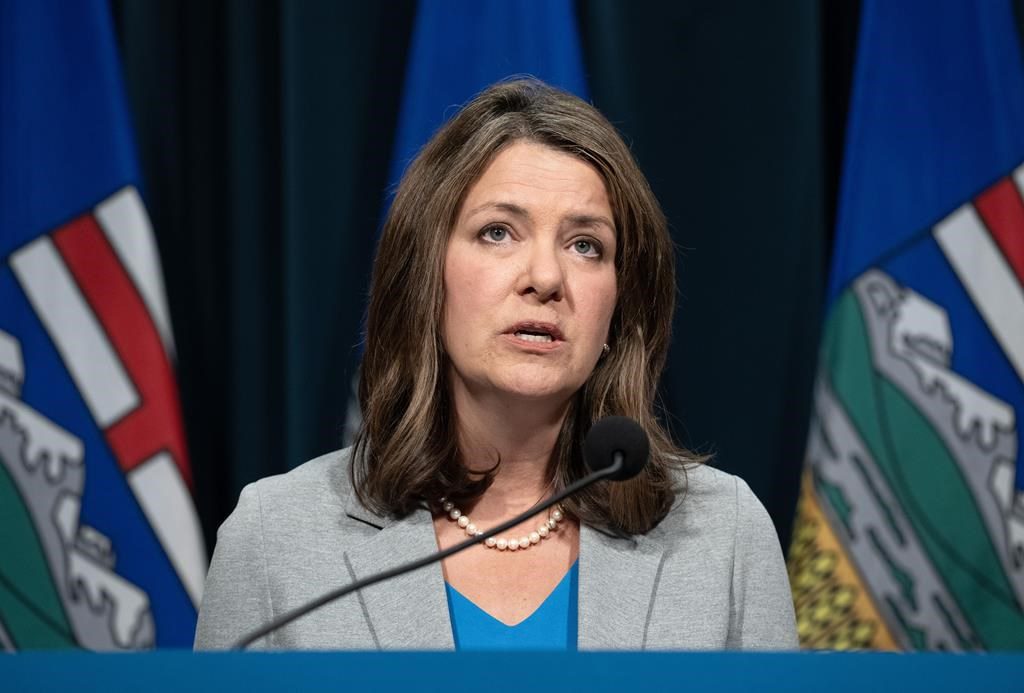
This content is restricted to subscribers
The views, opinions and positions expressed by columnists and contributors are the author’s alone. They do not inherently or expressly reflect the views, opinions and/or positions of our publication.
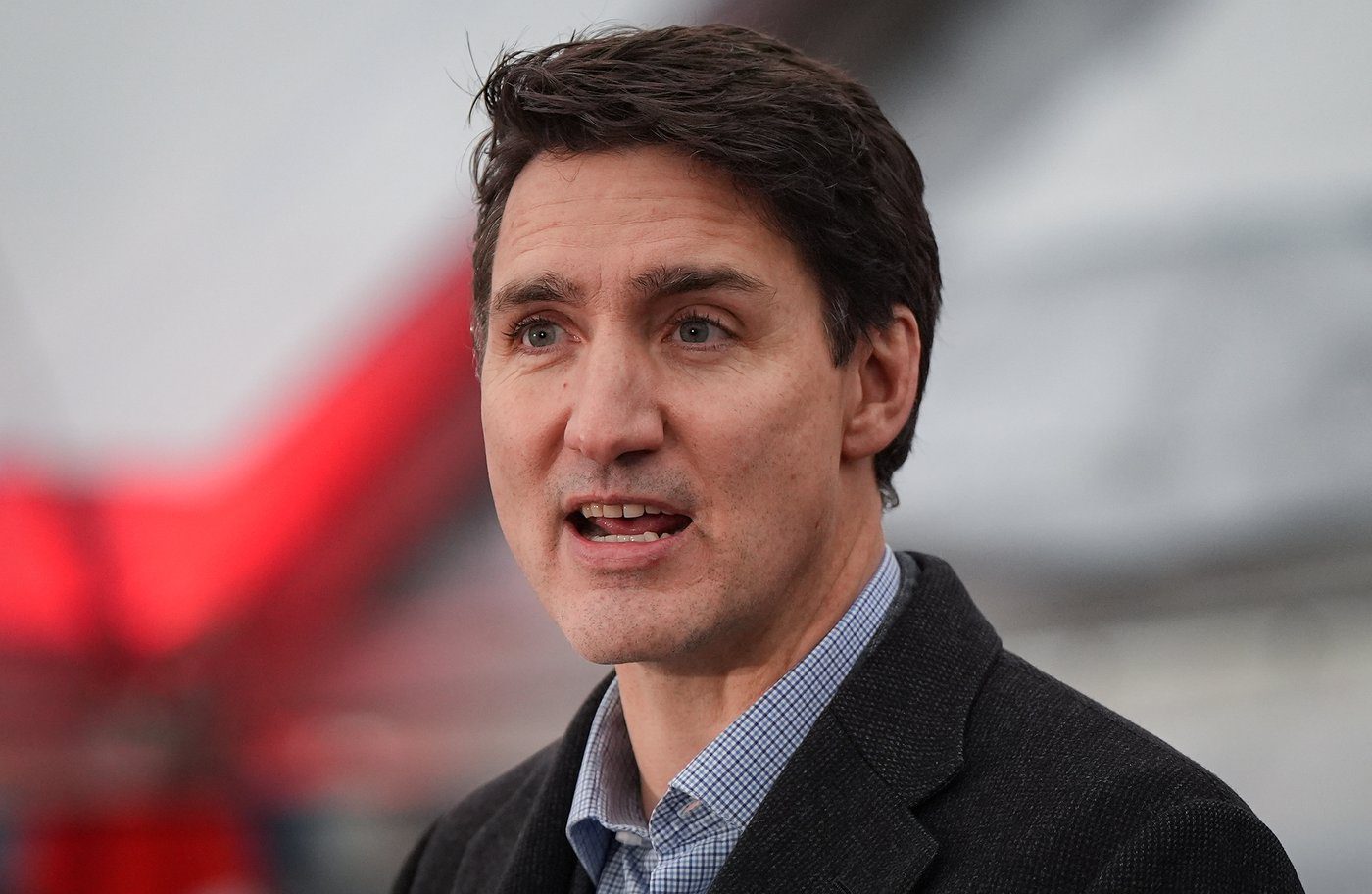
Canadians often hear that a politician should consider taking a “walk in the snow.” The most recent example is Prime Minister Justin Trudeau, after the stunning series of events that occurred on Monday.
The starting point was when Deputy Prime Minister and Finance Minister Chrystia Freeland abruptly resigned from cabinet. “On Friday, you told me you no longer want me to serve as your Finance Minister and offered me another position in the Cabinet,” Freeland wrote in her Dec.16 resignation letter. “Upon reflection, I have concluded that the only honest and viable path is for me to resign from the Cabinet. To be effective, a Minister must speak on behalf of the Prime Minister and with his full confidence. In making your decision, you made clear that I no longer credibly enjoy that confidence and possess the authority that comes with it.”
Freeland was also fed up with Trudeau’s inability to work with our provinces and territories to deal with U.S. President-elect Donald Trump’s impending 25 per cent tariffs on all Canadian goods.
“We need to take that threat extremely seriously,” she said. “That means keeping our fiscal powder dry today, so we have the reserves we may need for a coming tariff war. That means eschewing costly political gimmicks, which we can ill afford and which make Canadians doubt that we recognize the gravity of the moment.”
It was certainly a sensible position for her to take. The PM clearly experienced things differently, as he often likes to say in a different context, and the relationship dissipated.
Ottawa became a comedy of errors for several hours. Trudeau hid under the radar and out of the public view. Freeland’s replacement wasn’t announced until the late afternoon in the form of Trudeau’s longtime friend and political ally, Public Safety Minister Dominc LeBlanc. (There’s now some suggestion that the PM was reportedly going to give it to former Bank of Canada governor Mark Carney.) Freeland was supposed to give the long-delayed Fall Economic Statement to Parliament on Monday in spite of being asked to step down. NDP leader Jagmeet Singh said that Trudeau should resign, but wouldn’t commit to supporting a vote of non-confidence. Conservative leader Pierre Poilievre gave powerful speeches and critiques, and made this amusing remark in the House of Commons, “I have a question for the Finance Minister. Who are you?”
Trudeau survived this onslaught by the skin of his teeth. That’s become part of a regular pattern in his never-ending series of political gaffes, mistakes and missteps. Similarly, a new call for a walk in the snow was heard from coast to coast.
I’ve often wondered if most average Canadians know what this reference means. They certainly did several decades ago. They probably did a decade ago. Today, it’s hard to say with absolute certainty.
Here’s a brief explanation.
When a politician takes a walk in the snow, it means that he or she is contemplating his or her future. It may lead to resignation, retirement – or a belief that it’s possible to carry on.
Pierre Elliot Trudeau, the father of our current Prime Minister, is the politician most associated with this phrase. He reportedly went on several walks in the snow, including in 1968 when he decided to run for the Liberal leadership and in 1979 after he lost the federal election to Joe Clark and the PCs. As Paul Tuns correctly pointed out in a Feb. 26, 2014 oped for the Ottawa Citizen, Trudeau also “went for a walk along the beach in Toronto in November when he decided to announce he would not stay on as leader before reversing himself the next month.”
Trudeau’s most memorable walk in the snow may have occurred on Feb. 29, 1984. As he went out in the cold weather and snowy streets, he decided that “I had done what I had come into politics to do.” He officially retired from politics and ended his long career of public service.
Did any of this actually happen? Some biographers, including the late historian and former Liberal MP John English, have suggested it did. Tuns wrote that Ottawa “had a blizzard that day but whether he actually went for a walk might be questioned. It seemed to be a rhetorical device he often employed.” Both explanations are plausible, and we’ll never know for sure.
Justin Trudeau, unlike his father, has avoided a similar walk in the snow. (Other than for pleasure, I’d imagine.) Trudging in the wintery weather to decide his political fate doesn’t seem to interest him. Based on the litany of mistakes and failures he’s made as Canada’s Prime Minister, it’s pretty obvious why.
This doesn’t mean Trudeau shouldn’t take this real or rhetorical walk. It would be best for his party and our country if he did it sooner rather than later. How about today?
Michael Taube, a long-time newspaper columnist and political commentator, was a speechwriter for former Canadian prime minister Stephen Harper.
The views, opinions and positions expressed by columnists and contributors are the author’s alone. They do not inherently or expressly reflect the views, opinions and/or positions of our publication.
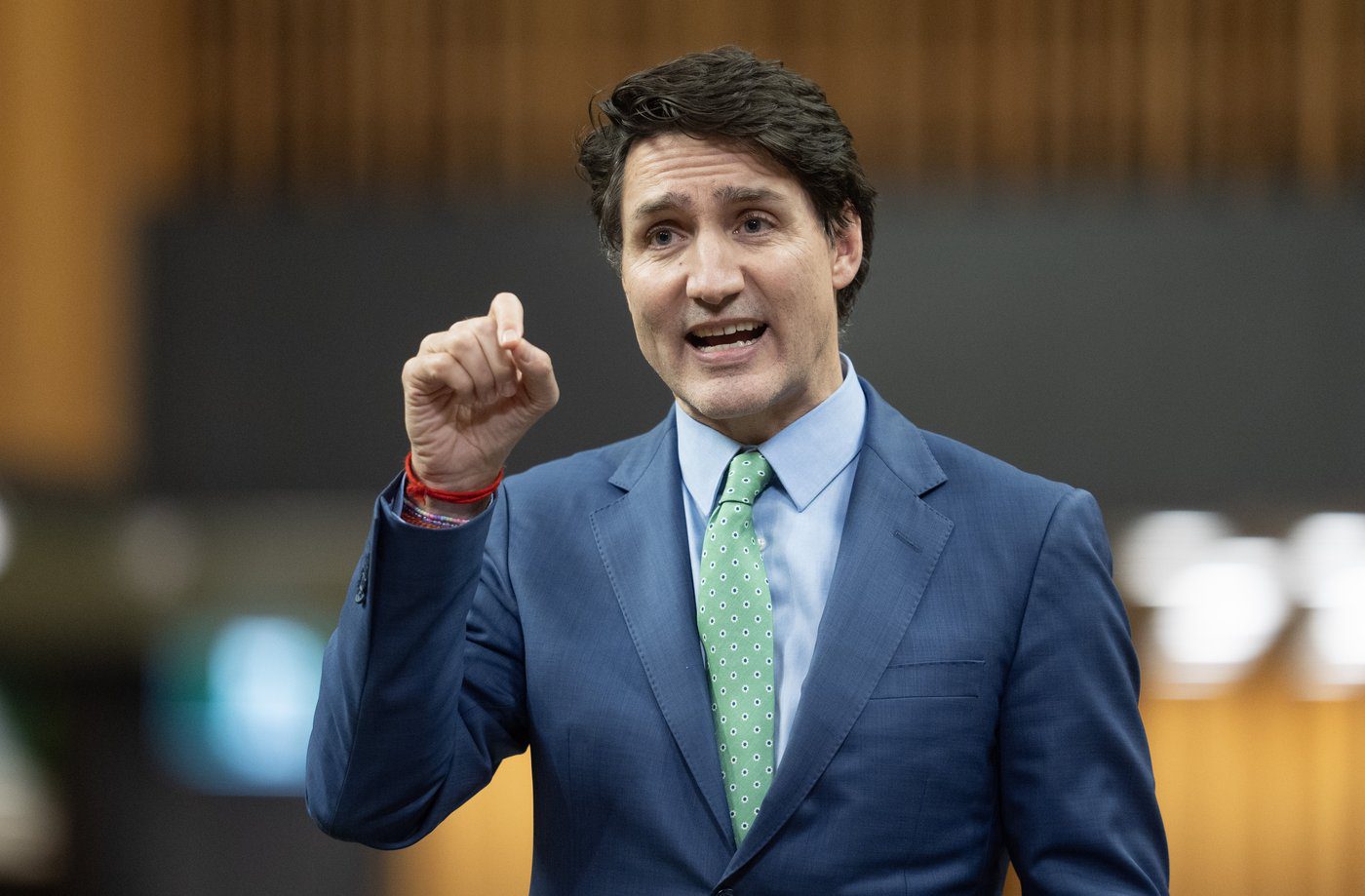
Former finance minister Chrystia Freeland’s departure from Cabinet by way of a grenade dropped in Trudeau’s lap was in every sense a final straw. After having lost the battle against the incredibly stupid plan for the GST “holiday,” and unwilling to keep shilling for the planned $250 “rebates” in the face of a potential major economic blow by the proposed Trump tariffs, Freeland was told on Friday that she would be shuffled out of the finance portfolio. While that’s not unusual in and of itself—ministers serve at the pleasure of the prime minister—she was apparently offered a ceremonial minister-without-portfolio role of Canada/US relations, with no department and no levers of power to come with it, meaning it was a full-on demotion in spite of years of hard work being the go-to minister to fix problems, and being incredibly loyal in the face of a lot of really stupid things that this government has done. But he still expected her to read the Fiscal Update regardless. Freeland was well within her rights to pull the pin on that grenade, and time it for maximum disruption, and she succeeded at that.
Her resignation letter was not only scathing, but it effectively undercut Trudeau’s plan to save his own skin instead of meeting the moment with the incoming Trump administration. Aside from pointing out that she clearly didn’t credibly enjoy his confidence or possess the authority that comes with it, she plunged in the knife:
That means keeping our fiscal powder dry today, so we have the reserves we may need for a coming tariff war. That means eschewing costly political gimmicks, which we can ill afford and which make Canadians doubt that we recognize the gravity of the moment.
[…]
Inevitably, our time in government will come to an end. But how we deal with the threat our country currently faces will define us for a generation, and perhaps longer. Canada will win if we are strong, smart, and united.
She’s right that the costly gimmicks of the GST “holiday” and the rebate cheques were something that Canadians could see through as the desperation moves that they were, particularly as MPs and ministers publicly humiliated themselves to sell them to Canadians. And the fact that she very explicitly let it be known that this was a PMO-driven idea that she resisted puts that desperation move squarely on Trudeau and his staff, which makes it harder for him to launder the blame for as it fails to land with Canadians. And with no dance partner willing to agree to the cheques as originally proposed, and resistance to expanding them in a way that would make the costly gimmick even costlier, Trudeau may have to swallow that promise as well.
It also lays bare just how exhausted the current government is that they have resorted to vote-buying rather than doing the hard work of delivering for Canadians, like they pat themselves on the back for doing when in fact, much of that is just a communications exercise. A lot of their program implementation remains unfinished, and they are claiming victory on things that have not happened yet—like pharmacare, where not a single province has fully signed onto the nascent plan, so it’s hard to insist that they are delivering this for Canadians who need it. And government-by-communications-exercise is not working, and can’t keep going forward as though Canadians aren’t bitterly disappointed that the very things they have been promised aren’t being delivered. I’m not going to ignore that the provinces aren’t a factor in this, but part of communication also means being frank about which partner isn’t living up to their end of the deal.
It’s hard to see how the caucus can continue to support Trudeau if he would treat his most loyal lieutenant—his deputy leader who got him out of so much hot water over the past nine years—like this. Putting her in an untenable situation and setting her up for humiliation was not on, and why any other MP in the caucus would want to serve in a Cabinet where this was going to be an option put to them at some point makes it hard to see how he could possibly continue to dangle Cabinet posts to ensure loyalty when it is clear that said loyalty isn’t going to be returned. It’s also clear that most of the caucus fully knows at this point that, no matter how fierce a campaigner Trudeau is, he is now the biggest liability the party has. The writing has been on the wall for a while now, and his caucus has been trying to warn him, but Trudeau has steadfastly ignored them, but it’s going to be pretty much impossible to do so any longer.
Following the emergency caucus meeting on Monday night, Trudeau indicated that he’s going to take the holidays to think about his future and whether he will step down as an increasing number of his MPs are calling for, but he can’t wait too long. There is already precious little runway left, so “after the holidays” had best mean the first week of January to make a decision rather than waiting for the House of Commons to return at the end of the month, because that will already be too late. As I laid out a possible pathway for this to happen in a previous column, the best would likely be for him to stay on in some kind of “caretaker” capacity, to ensure continuity as an accelerated leadership process happens rather than appoint some kind of dubious “interim” prime minister (which is not a real thing—His Majesty cannot be without someone who commands the confidence of the Chamber to give him advice, and even if that person is an “interim” party leader, prime minister is prime minister), and to ride through the early days of the incoming Trump presidency. A prorogation would also likely be necessary, which would have the added benefit of finally ending the interminable privilege filibusters, so when Parliament resumes, likely under the new leader, they would have a path to pass a few more bills with the few sitting weeks remaining.
If this does happen, we can expect to see a lot of Pierre Poilievre screaming that it’s “not fair” or “not democratic” if Trudeau leaves without an electoral defeat, but he’s wrong there. This is how a Westminster system operates, and a prime minister’s name is not on the ballot (except in the riding he or she runs in) because that’s how our system works. Nevertheless, Trudeau can’t credibly remain in office any longer, and if he wants to give his party a fighting chance to save the furniture, let alone avoid handing a victory to Poilievre without a fight, he needs to leave as soon as possible.
The views, opinions and positions expressed by columnists and contributors are the author’s alone. They do not inherently or expressly reflect the views, opinions and/or positions of our publication.
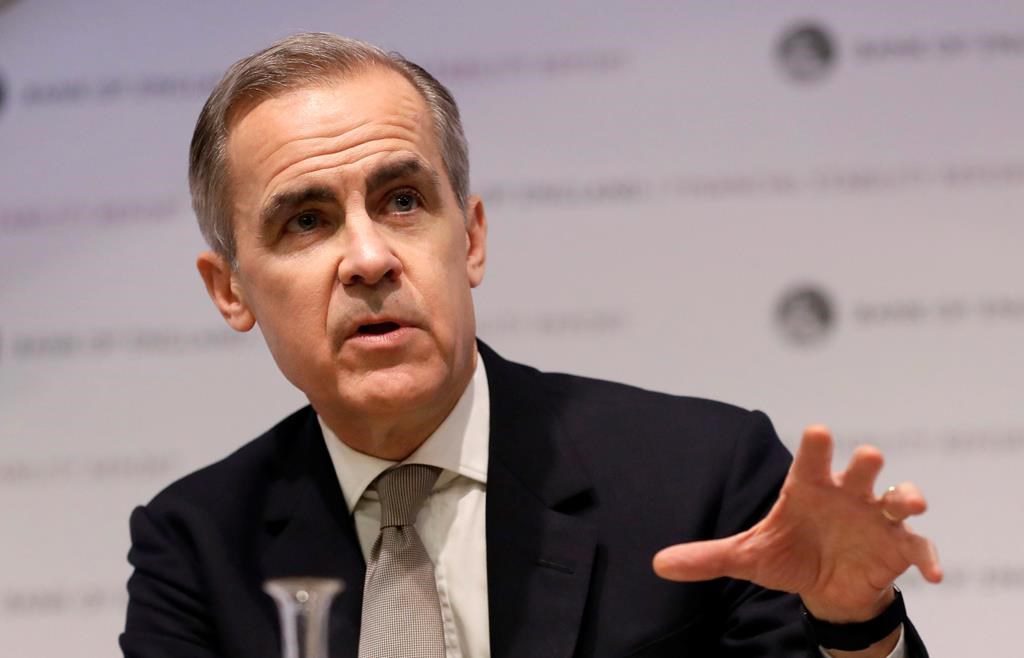
This content is restricted to subscribers
The views, opinions and positions expressed by columnists and contributors are the author’s alone. They do not inherently or expressly reflect the views, opinions and/or positions of our publication.
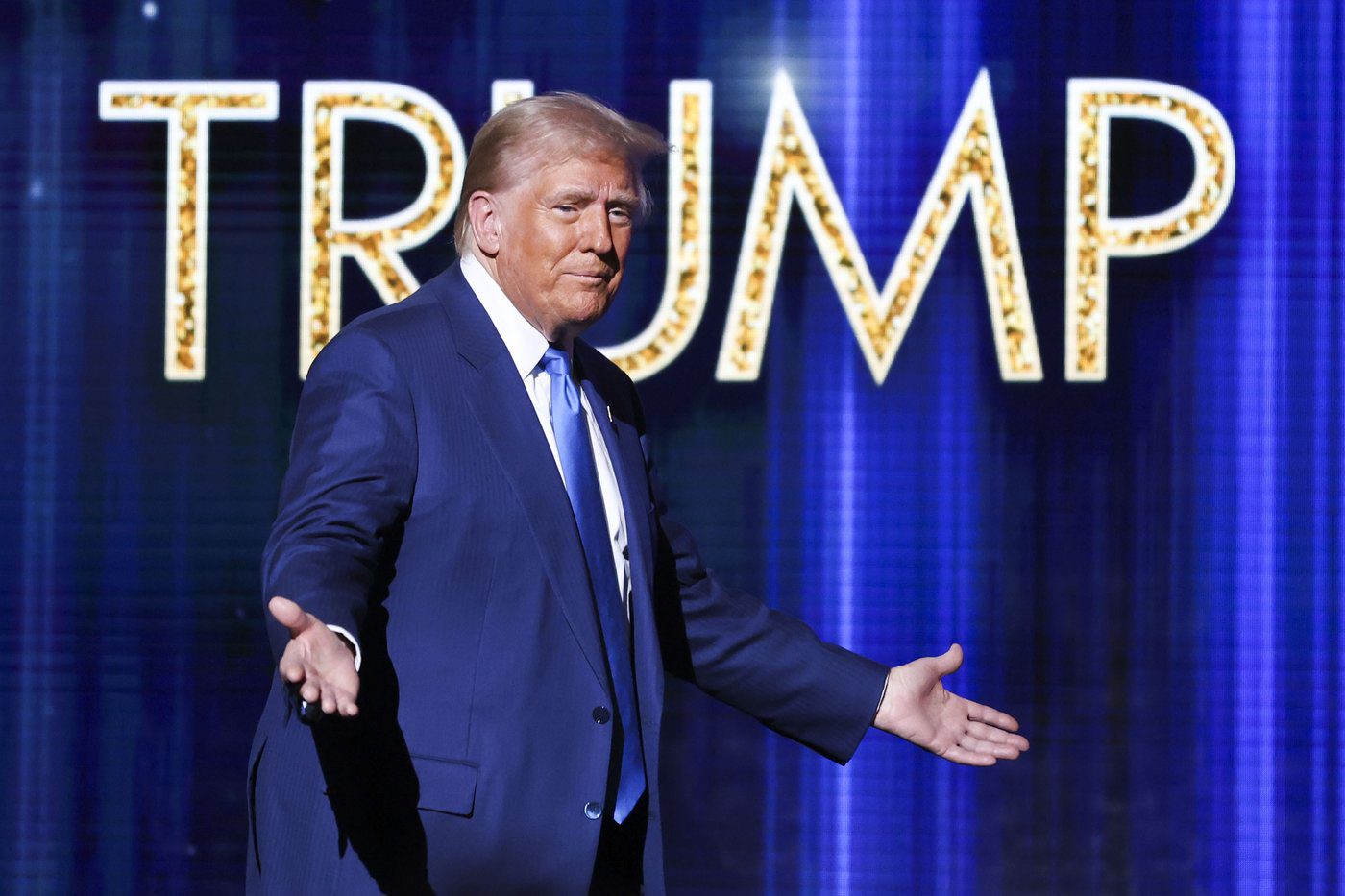
This content is restricted to subscribers
The views, opinions and positions expressed by columnists and contributors are the author’s alone. They do not inherently or expressly reflect the views, opinions and/or positions of our publication.